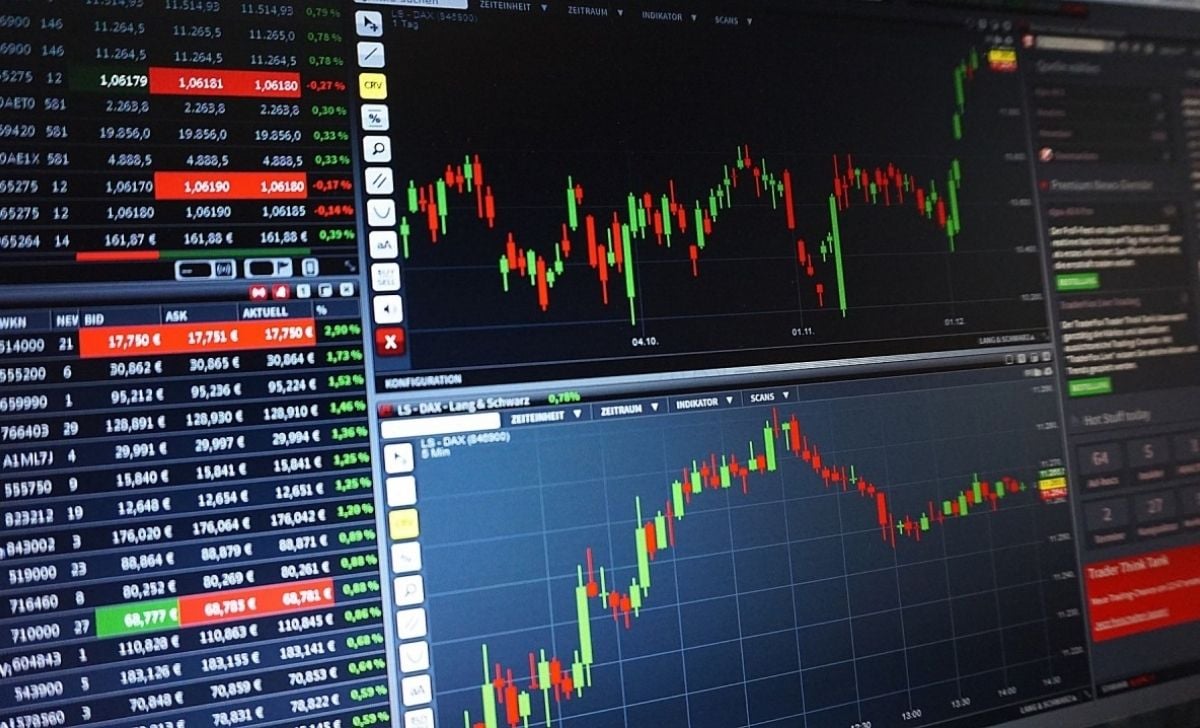Every trader, whether new or experienced, faces losses. A losing trade can feel frustrating, discouraging, and even overwhelming. However, the key difference between successful and unsuccessful traders is how they handle these moments. Emotions can cloud judgment, push you into revenge trading, or cause you to abandon your strategy altogether. That’s why learning how to control emotions after a losing trade is essential for long-term success.
At Forex89, we teach that losses are not failures but valuable lessons. By keeping your emotions in check, you can turn setbacks into opportunities for growth.
Why Losing Trades Affect Emotions So Strongly

Trading is not just about numbers; it involves psychology. When you lose money, it triggers emotional responses such as fear, anger, and self-doubt. You may feel the urge to recover the loss quickly by taking unnecessary risks. This reaction, often called “revenge trading,” usually makes things worse.
According to trading expert Adam Mass - https://forex89.com/author/adam/ emotional discipline is as important as technical knowledge. Without it, traders repeat the same mistakes and struggle to improve.
Steps to Control Emotions After a Loss

Accept That Losses Are Part of Trading
No strategy wins 100% of the time. Even professional traders experience losses. Accepting this reality helps reduce emotional pressure. Instead of viewing a losing trade as failure, treat it as the cost of doing business.
Take a Break
If you feel emotional after a loss, step away from the screen. Go for a walk, exercise, or engage in another activity. A short break can clear your mind and prevent impulsive decisions.
Review the Trade Objectively

Analyze the losing trade without judgment. Did you follow your trading plan? Was the loss caused by market volatility, or did you break your rules? Honest reflection helps you learn and adjust for the future.
Stick to Your Trading Plan
Your plan should include entry and exit rules, risk limits, and position sizing. Following it consistently protects you from emotional decisions. If your plan is solid, one losing trade should not affect your long-term results.
Keep a Trading Journal
Document every trade, including the reasons behind it and how you felt afterward. Over time, this record will reveal emotional patterns, helping you recognize and control them more effectively.
Focus on Risk Management
Managing risk reduces the emotional weight of each trade. By limiting your exposure, losses become manageable and less likely to cause panic. For example, many traders risk only 1–2% of their account on any single trade.
See more: https://forex89.com/learn-trading/
Building Emotional Resilience

Emotional resilience is about developing the ability to bounce back after setbacks. This comes with practice, patience, and consistency. Reading books on trading psychology, learning mindfulness techniques, and surrounding yourself with supportive trading communities can all help.
At Forex89, we encourage traders to shift their perspective: every loss is feedback, not failure. By controlling emotions, you preserve mental energy for better opportunities.
Conclusion
A losing trade does not define you as a trader. What matters is how you respond. By accepting losses, taking breaks, analyzing mistakes, and sticking to your plan, you can avoid emotional pitfalls and grow stronger.
As Adam Mass emphasizes, success in trading is not just about finding the perfect strategy but about mastering your emotions. If you stay disciplined, focused, and consistent, you’ll be prepared for both wins and losses along the journey.
With guidance from Forex89, you can learn to manage emotions, build resilience, and transform setbacks into stepping stones toward long-term trading success.